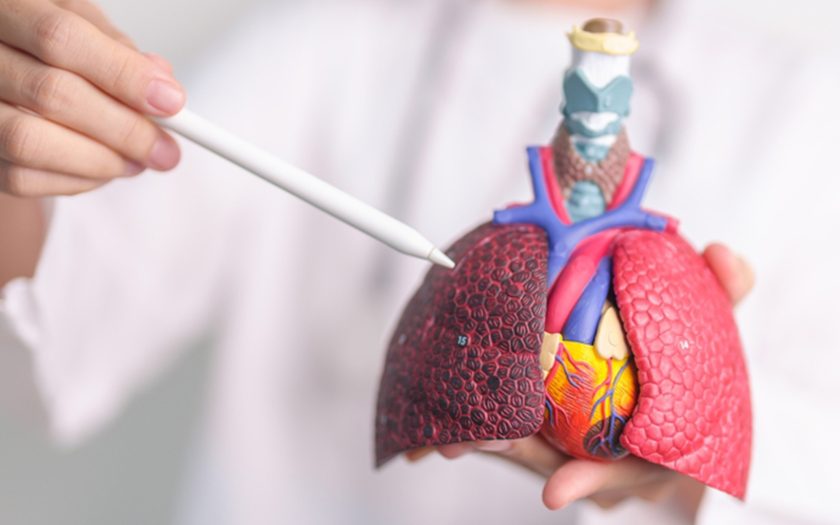Ignoring morning warm-up.
Without a warm-up, the lungs may not expand properly, which reduces ventilation and the amount of oxygen reaching the body. Additionally, the lack of physical exercise can weaken the respiratory muscles, making breathing more difficult. Regular warm-ups help improve the condition of the respiratory muscles and reduce the risk of flare-ups of the disease. If ignored, breathing problems, shortness of breath, and an increased likelihood of COPD flare-ups can occur. Therefore, it’s important to include a warm-up in your daily routine to maintain lung health. Just spend at least 15 minutes on a morning warm-up, and you will immediately feel how your condition improves. You can even do exercises right in bed, there are many complexes morning warm-up routines that allow you to wake up quickly.
Poor posture.
Poor posture in COPD worsens the condition for several reasons. First, bad posture limits the proper expansion of the lungs, which decreases the efficiency of breathing. When a person sits or stands incorrectly, the organs of the chest and diaphragm cannot work at full capacity, making it more difficult for oxygen to reach the body. Secondly, poor posture can place additional strain on the respiratory muscles, which are already weakened in COPD, leading to fatigue and shortness of breath. Therefore, it’s important to work on maintaining a straight back, as this helps the body use its resources for breathing more effectively, reducing strain. In addition, you can do some light stretching every day, which will help your back muscles relax and thus contribute to a straight posture.
Overeating.
When a person overeats, the stomach expands, creating additional pressure on the diaphragm. This limits its mobility, making it harder for the lungs to expand and reducing the efficiency of breathing. As a result, one may experience feelings of difficulty in inhaling air and struggle to continue normal activities or even just walk. Moreover, if a person regularly overeats, it can increase fat deposits on internal organs, which in turn may interfere with the breathing process. Therefore, it’s better to feel a little hungry after a meal, as this state allows the body to function properly. Also, choose dishes that will not overload your stomach and will give you strength.
Spending too much time in a poorly ventilated room.
In such an environment, the oxygen level can decrease, which makes breathing more difficult. Additionally, polluted air containing dust and toxins can enter the airways and worsen COPD symptoms. To avoid exacerbating your condition, try to open a window as often as possible. If this is not possible, then take short breaks every two hours or so and go outside. This way you can protect yourself from complications of the disease. It is also important to always have an inhaler with you, such as Seroflo, Ventolin, Atrovent Inhaler, to prevent complications.
Restraining laughter.
When a person laughs, the lungs expand better, allowing more air to be inhaled and improving ventilation. If laughter is suppressed, it may prevent these muscles from working at full capacity, making breathing less efficient. As a result, unpleasant symptoms such as shortness of breath and dizziness can occur. Therefore, if you feel like laughing, it’s better to go ahead and do it, as laughter stimulates the circulation of oxygen throughout the body, which helps maintain proper lung function. Moreover, restraining laughter can lead to the accumulation of stress factors, which in turn worsen the person’s condition. Therefore, allowing yourself to laugh, without holding it back, is an important part of maintaining health in COP.

